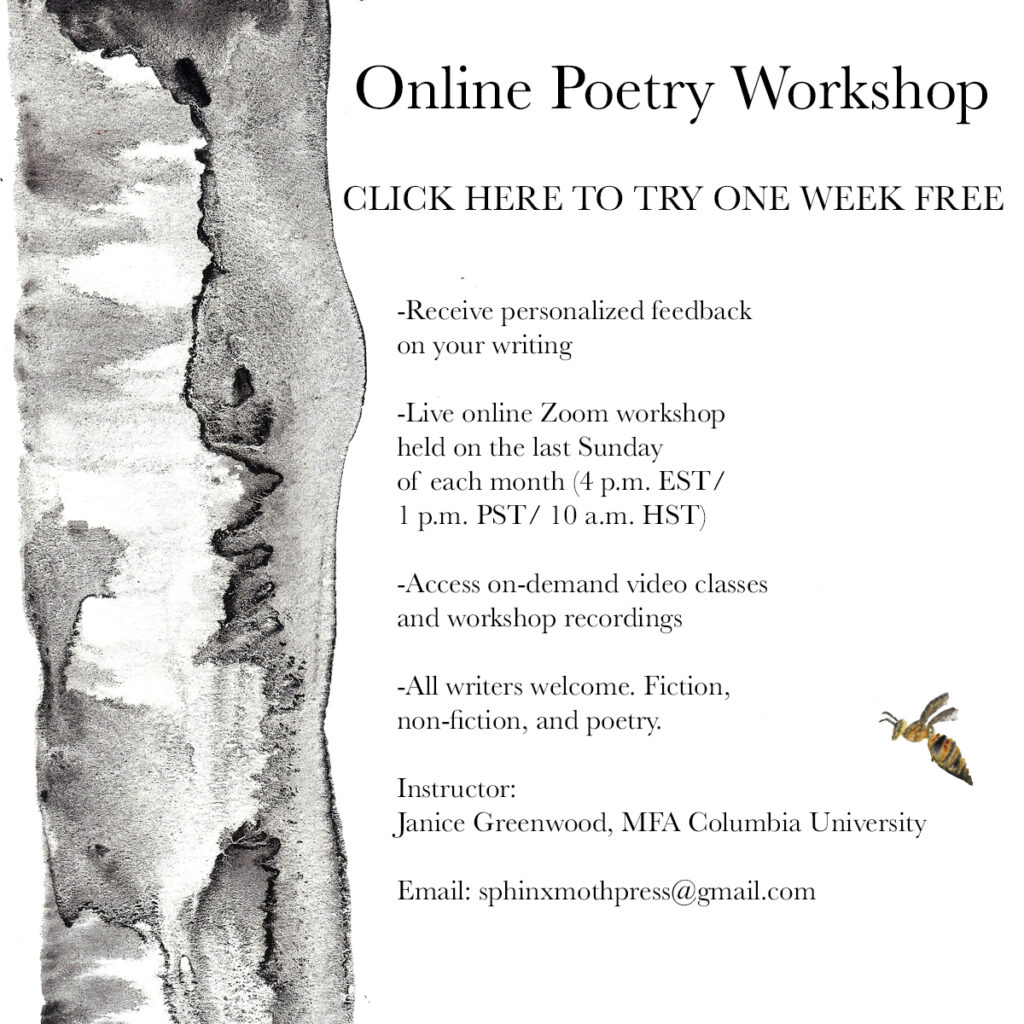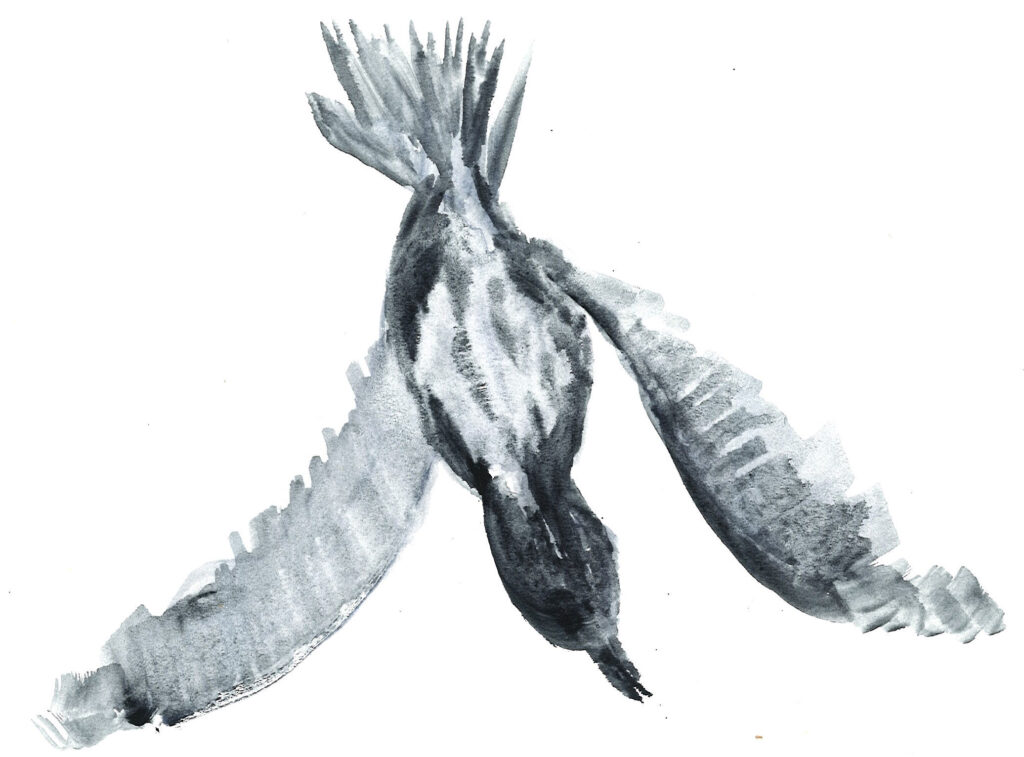Stephen Hawking, in Black Holes and Baby Universes writes, “I was born on January 8, 1942, exactly three hundred years after the death of Galileo. However, I estimate that about two hundred thousand other babies were also born that day.” The passage of time is one of life’s great mysteries. Our presence in one time and one place is at once an assertion of our uniqueness: each of us can only occupy one time and one place. But, time is also a connector: we are unified with each other by virtue of the fact that we exist in one time together. We look back at time past and sometimes the gap between where we were and where we are can feel immense. We live time going forward, but one of the great wonders of art and literature is that we can imagine things being otherwise. We can imagine going back in time, even imagine living time in reverse.
I find it strange to know what I know at times. If you would have told me a year ago that we’d all be quarantined in our homes, the world on lockdown, I wouldn’t have believed you. How stranger still it would be to wake up in the world of yesterday, trying to explain to the past self what the self of today knows. And the self that knows so much now still doesn’t know everything. Life is a constant process of becoming. What we’ll know tomorrow, we cannot know today.
The great Pulitzer-Prize winning poet, Lisel Mueller passed away last week. One of my favorite poems is her poem “Palindrome” (you can read it at the Poetry Foundation website) which imagines an alternate self, one who lives in a universe where time goes backward. What if, instead of growing older, we grew younger?
What if, instead of being born, a woman could emerge from her dying, “the hole which spit her out/ into pain, impossible at first, later easing, going, gone?” What would it mean to forget life’s lessons, and approach the moment of discovery again?
The speaker of the poem experiences a softening, a loosening of the ravages of time. The knees don’t grow weaker, but instead, grow stronger. “Her memory sharpens” “she falls in love easily.” Her husband “has lost his shuffle,” and “their money shrinks,/ but their ardor increases.” Entropy is reversed. Stephen Hawking theorized about this very idea, imagining the Big Bang going backwards–the shattered glass flies upward toward the coffee table, reassembling itself; the body heals instead of decaying.
In Lisel Mueller’s poem, the future brings with it hope and promise, but it’s the hope and promise of youth, not of wisdom. The subject of the poem is “eager, having heard about adolescent love/ and the freedom of children.”
I love the poem’s complex logic, its offer of an alternative way of viewing time and the world, while simultaneously embracing the mysteries of science and science fiction.
Poetry books have the power to pull apart the emotional facts of the universe, revealing to us their essential parts. The act of writing a poem is a kind of science of the heart, whereby a person can test out hypotheses of the imagination. There is a desire in each of us to undue the work of entropy, to reverse the aging process. Time’s forward motion binds us to new people and possibilities and unties us from others; but time’s backward motion would do the same. What is lost by going back in time? Wisdom is lost. Learning is lost.
But what else is lost? What else is gained? The poem is a Schrödinger’s box in which the cat may or may not be alive, in which realities may or may not be present like Keats’s “Ode on a Grecian Urn,” where the lovers both kiss and consummate their love and also never kiss, forever frozen in the moment of desire, right before consummation.
Stephen Hawking, in Black Holes and Baby Universes, notes: “I was always very interested in how things operated and used to take them apart to see how they worked, but I was not so good at putting them back together again.”
A good poetry book does this for us. It takes the facts of life apart, asks questions, but doesn’t necessarily put things back together for us. We are left to make sense of the disparate parts.
I wonder sometimes where I am in the course of my life. Have I, like the speaker in the “Palindrome,” crossed lives with the alternate me, the one moving backward through life? If so, I am in middle age, or past it. “Somewhere sometime we must have/passed one another like going and coming trains,/ with both of us looking the other way.” This passage would mark the middle of a person’s life. Have I crossed her, yet?
The poet reshuffles the expected order. That reordering, that reshuffling, is itself a form of knowledge and meaning. A well-written poetry book or poem can do just that. “Palindrome” can be found in Lisel Mueller’s poetry book, Alive Together: New and Selected Poems.

About the Writer
Janice Greenwood is a writer, surfer, and poet. She holds an M.F.A. in poetry and creative writing from Columbia University.

